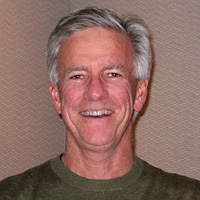So, this is it, the day the world ends. Or at least we've been told this was the Mayan prophecy. Except that the Mayans never predicted that. Today is the end of a long cycle in the Mayan calendar, but they knew exactly what would happen tomorrow: the start of another long cycle. It's the way these things work.
In one way our trendy infatuation with Mesoamerican time measurement is another cultural mash up. Just as you can see Mayan ritual and offerings grafted onto Catholic liturgy in the churches of Guatemala, we have made their calendar an expression of our apocalyptic traditions and anxiety about what is happening to our world.
But our own calendar is itself an exercise in legacy and cultural exchange. Our names for the days and months pay homage to gods we never worshipped and emperors we never obeyed. Time has always been with us so we pay it respect by labeling it with ancient titles. But there is a paradox here as well. We are dealing with something that is incessantly new and yet we dress it in antique costume.
But we also have a deeper ambivalence about time. Having given it form, we also want it to have structure. We want it to tell a story, to have a beginning and an end. And yet all the ways we measure it -- the solstices, the birthdays -- are just returns to the same point. We have figured out how to measure something that appears to go in circles, and yet takes us somewhere at the same time. We call it a journey, but we measure it in laps.
It should be no surprise that we find the notion that a calendar could predict the end of the world quaint, but also intriguing. After all, it is just a grid that we lay over a moving target. But there is a part of us that hopes that a tool such as a calendar, that explains and organizes, can also predict, because for all our advances we still cannot answer the question that has been with us since before the Mayans: what will tomorrow bring?
With a Perspective, this is Paul Staley.
